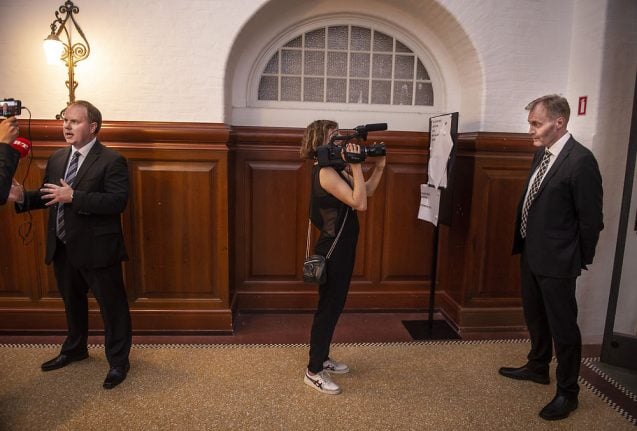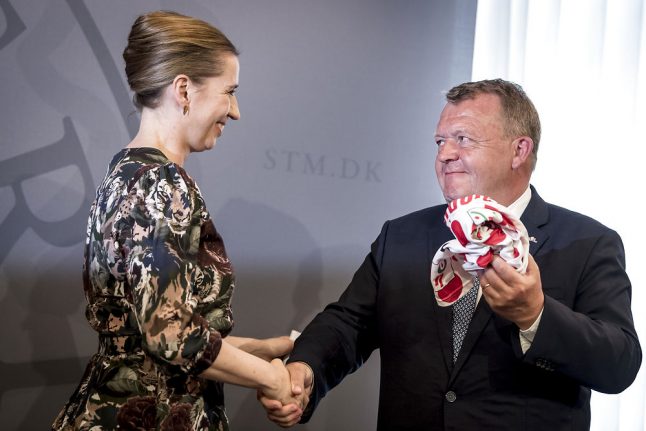Having acted as a support party for Lars Løkke Rasmussen’s right wing coalition government, a weakened DF will now sharpen its rhetoric and focus on its positioning as a party capable of protest, outgoing immigration spokesperson Martin Henriksen, who lost his seat in the election, told Ritzau.
Right-wing nationalist party DF went from 37 to 16 of parliament’s 179 seats following last week’s vote.
“We will look at whether there is anything we can do better. DF has gone from a party people see as a protest party to being seen as part of the system,” Henriksen said.
“We won’t go back to being purely a protest party but we must show that we can protest against the changes happening in society,” he continued.
Although he is no longer an elected representative, Henriksen has been tasked with leading a group responsible for developing strategy on DF’s core issues.
“If you look at DF’s programme, it is fundamentally about protecting the monarchy, the Church of Denmark and the family as the pillar of society. We must be better at showing this,” he said.
Henriksen said that the crushing election defeat could be attributed to the party’s failure to put across these positions strongly enough, as well as difficulties in gaining media attention.
“During the election, we tried – for example – to put out a criticism of Stram Kurs [extremist anti-Islam party, ed.], because they want to separate church and state. But that wasn’t possible, because editorial decisions were made at various media which stopped us getting our message across,” he said.
It was “harder to get traditional DF standpoints across,” Henriksen said.
The new group has already begun its work. Henriksen’s participation is on a voluntary basis, he said.
READ ALSO: Refugees to childcare: Five issues that could thwart talks to form Danish government



 Please whitelist us to continue reading.
Please whitelist us to continue reading.
Member comments